Having a ball (testicle) removed (Orchidectomy)
What is an orchidectomy?
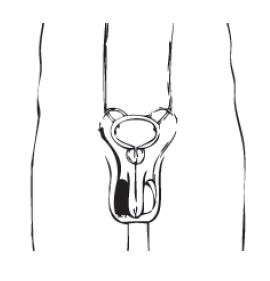
An orchidectomy is an operation to remove one or both balls (testicles).
It is used to treat cancer in one or both balls (testicles).
Chemotherapy or radiotherapy might be needed as well as the operation.
Your doctor will talk to you about this.
To remove one ball
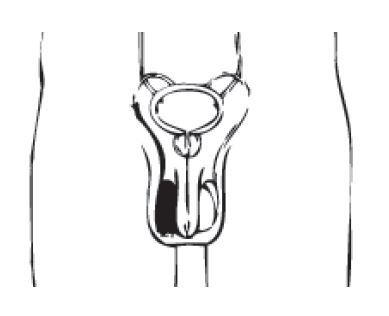
The operation can remove one ball only.
If one ball is removed you should still be able to:

- Have sex as usual

- Have children if you want to
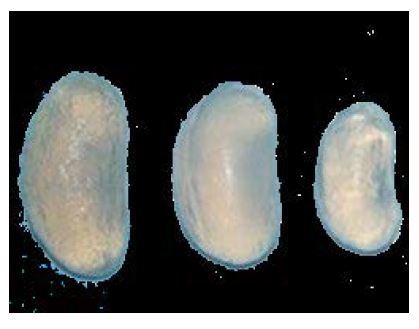
You could have injections or patches that will help you have sex as usual.
The doctor will talk to you about having children.

The doctor might be able to give you a fake ball.
This will make your balls look much the same as before the operation.
To remove both balls
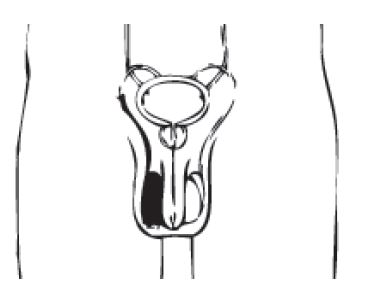
The operation can remove both balls.
If both balls are removed you will not be able to:
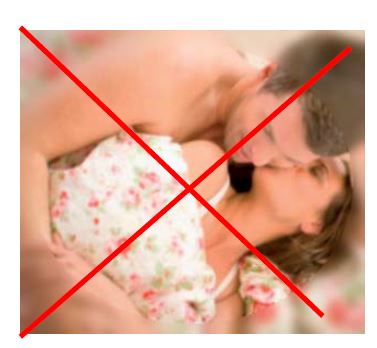
- Have sex as usual
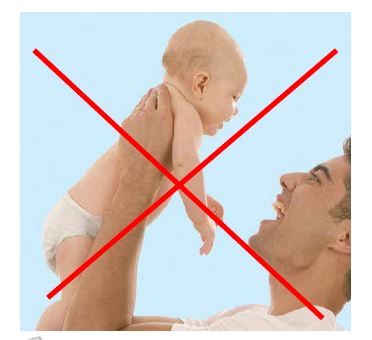
- Have children if you want to
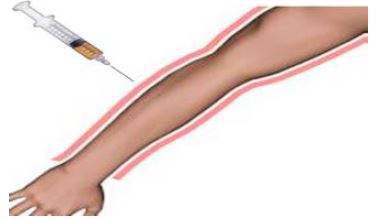
You could have injections or patches that will help you have sex as usual.
The doctor will talk to you about having children.
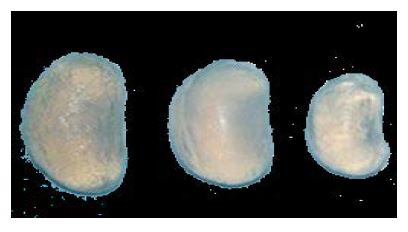
The doctor might be able to give you a fake ball.
This will make your balls look much the same as before the operation.
The Operation
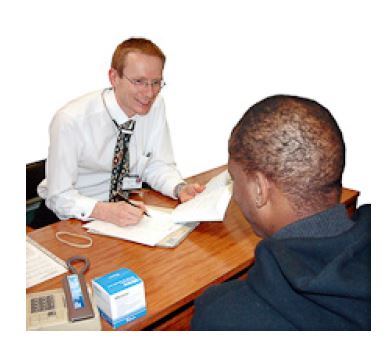
The doctor or nurse will talk to you about what type of operation you will need.
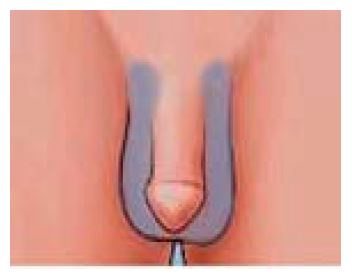
The nurse might need to shave your balls before the operation.
This will be done in hospital.
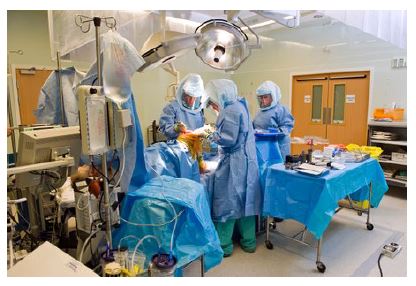
The operation is carried out in hospital. You will be asleep when it happens. This is called a general anaesthetic.
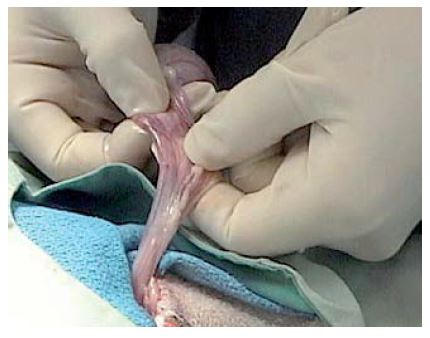
The surgeon will make a small cut in your scrotum or your groin.
Then your ball or balls will be removed.
After the operation
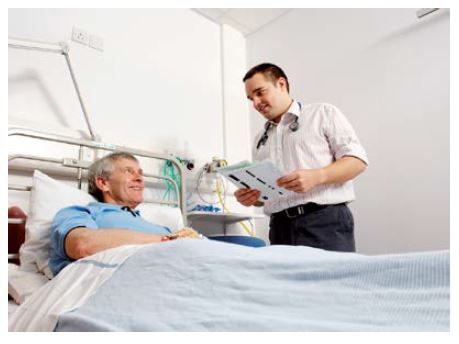
You will be taken to a ward in the hospital.
You will have to stay here for a while.

When you wake up you may have some pain.
Tell the doctor or nurse if you are in pain.
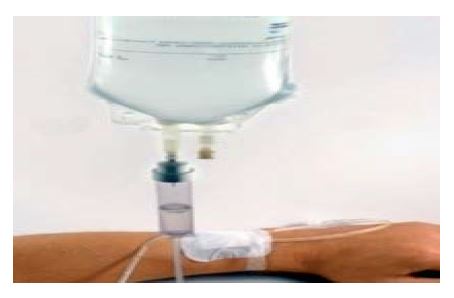
You may have a drip in your arm.
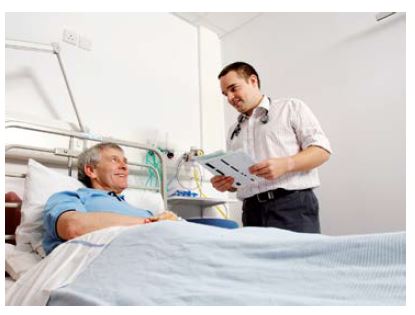
The doctor or nurse will tell you what you need to do when you go home.
When Home

You will need a lot of rest.

You will not be able to do any exercise or lift anything.
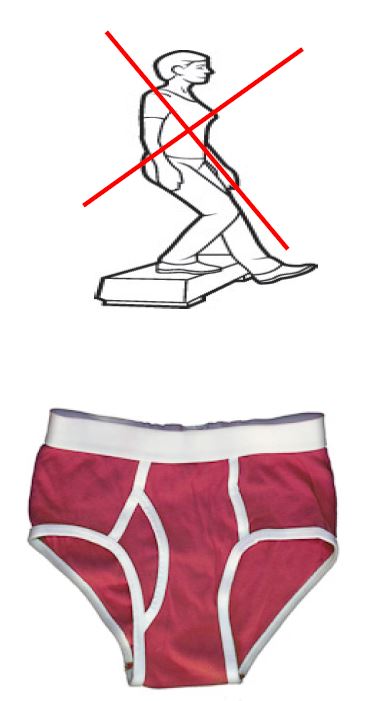
Wear tighter pants until your balls stop hurting.
This will give them some support.
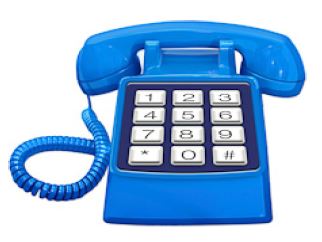
Phone your doctor if the wound is:
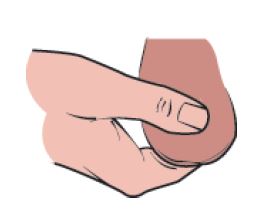
- Hard and very red
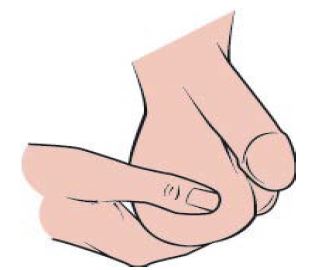
- Swells and gets very big
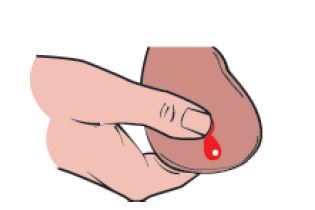
- Keeps bleeding the next day
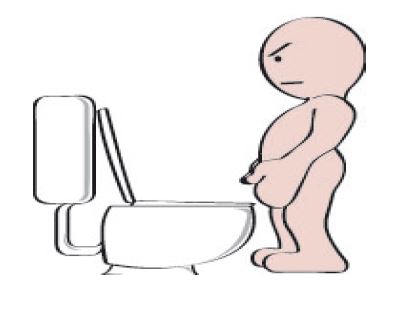
- Have problems going for a pee the next day
Your Feedback – comments, concerns and complaints
NHS Lanarkshire is committed to improving the service it provides to patients and their families. We therefore want to hear from you about your experience. If you would like to tell us about this please visit our feedback page.

